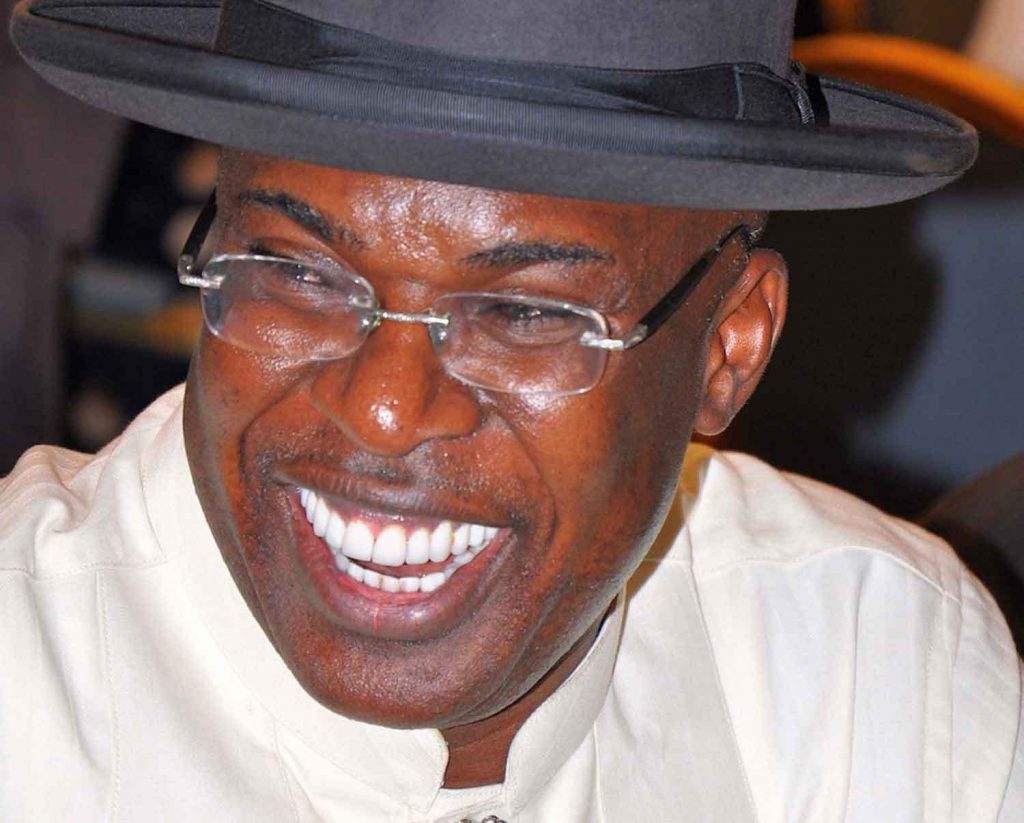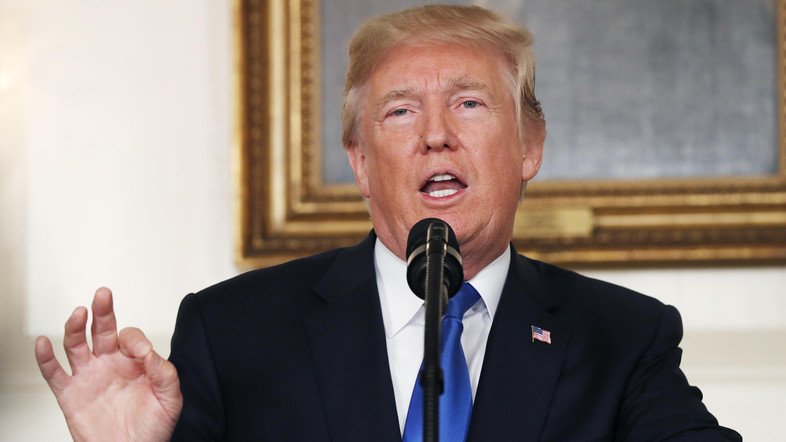
Mkpoikana Udoma
Port Harcourt — The Minister of State for Petroleum Resources, Mr Timipre Sylva, stands a chance to write his name in gold, if he can push the nation’s oil and gas industry forward by making positive impacts, through reforms, stakeholders in the industry have said.
Timipre Sylva, who is a former governor of oil rich Bayelsa State, is not new to the oil industry, having served between 2005 and 2007 as aide to former Minister of State for Petroleum, Edmond Daukoru, and also served as the Board Chairman of Oil and Gas Free Zone Authority, OGFZA between 2016 to 2019.
Industry watchers believe that the problem with Nigeria’s petroleum sector is regulatory deficiency, hence, positive and meaningful reforms in the industry can only be achieved through the passage of the Petroleum Industry Bill, PIB, as it will restore investors’ confidence in the country.
Petroleum experts, academicians and various stakeholders have advised the Minister to leverage on his political wit and his political position, to galvanised the ninth National Assembly to pass the Petroleum Industry Bill, PIB into law, in order to set the legal framework for reforms in the industry.
Others believed that Sylva should consolidate on the gains of his predecessor, Dr. Ibe Kachikwu, in terms of ensuring continuity through the implementation of the Seven Big Wins, especially on the area of gas development policy formulated and proposed by Kachikwu,
Stakeholders have also advised the Minister, being from an oil producing area, to make reforms in the industry that would ensure host communities benefit from oil and gas extraction.
But advice is to be given and not to be taken, hence, some stakeholders are of the view that Sylva may not achieve much in his new job, being that he is a politician and not a technocrat, especially since he is a junior minister, as the buck stops at the President’s desk, who doubles as the Minister of Petroleum.
The Trade Union Congress, TUC has said that the Minister of State for Petroleum, Mr Timipre Sylva, must make investment climate in the oil and gas industry conducive for investors and also make reforms through passage of the PIB.
An Economist and Vice President of TUC, Mr Chika Onuegbu, believe that since he (Sylva) is not new to the Ministry of Petroleum Resources (having worked as aide to the former minister, Edmond Dakoru) he should understand the importance of stakeholders engagements.
“He (Sylva) must do something about reforms in the oil and gas industry, especially the passage of the PIB. Otherwise other countries will continue to look at Nigeria as very unserious country. What support is he going to give to ensure more investors invest in domestic gas?
“He has to also look at the investment climate in the industry, and how he is going to ensure investors come in. There are couple of projects that he needs to ensure see lights of the day, such as NLNG Train7 and BrassLNG. What support is he going to give these projects to ensure they come on stream?
“He needs to work with stakeholders in the industry like OPTS, host communities, labour unions both TUC and NLC, and oil workers union, NUPENG and PENGASSAN and every other persons with critical role in the industry.”
Similarly, an Expert and a University Don, Prof Wumi Iledare, who gave the Minister five advices, said Sylva must reform the industry in order to make an impact, urging the Minister not to re-invent new policies but to consolidate on the gains of his predecessor, especially the Seven Big Wins.
Iledare who is a Professor Emeritus of Petroleum Economics at LSU Centre for Energy Studies Louisiana, USA and the University of Port Harcourt, advised the Minister to separate policy functions from regulatory functions and commercial operations functions in the ministry, and to ensure these functions are not interwoven.
According to the professor, “He must reform the industry. The Federal Ministry of Petroleum Resources must take ownership of reforming the industry, not NNPC.
“He must professionalized the Ministry of Petroleum in the next four years, by recruiting competent workforce. Just like we have competent workforce in the Ministry of Finance; a sociologist will not do an accountant’s job in the Ministry of Finance, an educationalist will not do a lawyer’s job in the Ministry of Justice.
“Ministry of Petroleum Resources needs professionals to head technical divisions, people who are capable to formulate and analyse policies before it becomes a regulation.
Professor Illedare explained that gas development policy, as proposed by the immediate past Minister of State for Petroleum Resources, Dr Ibe Kachikwu, is very critical for multiplier effect of Nigeria’s economic development, and urged Sylva to continue with the ideas of Seven Big Wins.
“Most importantly, he should develop a policy that will make Nigerian environment conducive for investment, so that Nigeria becomes the first place to call.
“We already have these policies in the Seven Big Wins formulated by his predecessor, he should just implement them to the latter. He should not reinvent new ones, but ensure continuity from his predecessor.
“Lastly, he is not supposed to be involved in the day-to-day operations of NNPC. He is supposed to to set agenda for NNPC and allow the Group Managing Director to do his work.”
For the Pan Niger Delta Elders Forum, PANDEF, Sylva should feel the pulse of the region in allocation of oil blocks, by ensuring that oil multinationals are in the offshore, while indigenous oil firms take over onshore exploration and production.
Publicity Secretary of PANDEF, Chief Anabs Sara-Igbe, particularly tasked the new Minister to ensure that basic infrastructures in the industry are working, particularly the refineries.
“We are of the view that the oil multinationals should stay offshore, while the indigenous oil firms should take over onshore. We expect him to look at that critically. We expect him to ensure that Niger Delta people are stakeholders in the industry.
“We want him to use diplomacy in ensuring that basic infrastructures in the industry are working, particularly the refineries. He should ensure a turnaround maintenance in the refineries in order to reduce the level of importation of petroleum products from outside the country.
“We expect him to build capacity, he should ensure our people are employed because presently we have noticed that employment at NNPC is lopsided.”
For President of the Movement for the Survival of Ogoni People, MOSOP, Mr Legborsi Pyagbara, Sylva should make changes in the industry that would ensure the host communities benefit from crude oil production.
“The Host Communities Component of the PIB should be passed. We want to see an oil industry run in a manner that guarantees the host communities some benefits accruing from oil production revenues.
“A situation where you extract oil from one area and they get nothing in return, under the guise of socalled federal structure, while the host communities are bearing the brunt of crude oil exploitation, is neither fair nor just.
“Beyond that, the issue of unbundling NNPC needs to be revisited, cause it becoming a big demon nobody has absolute control and people do whatever they like there. We should have private driven NNPC and not the one driven by the government.”
On their part, the United Labour Congress, ULC, expects a harmonious working relationship between the new Minister and workers, especially oil workers in the country.
Rivers State Chairman of ULC, Mr. Alex Agwanwor, who doubles as the National Treasurer of the Nigerian Union of Petroleum and Natural Gas workers, NUPENG, advised the Minister to put his best in ensuring the the four refineries in the country are working optimally, in order to reduce continuous importation of refined petroleum products.
“We expect a smooth working relationship between the labour union and the minister. Secondly, our labour laws have become obsolete, we have made some recommendations on the importance of good labour laws in the country. We also believed passing the PIB will give investors confidence in investing in the country.”
For stakeholders like the Ijaw Youths Council, IYC, the Minister of State for Petroleum Resources, must aggressively pursue policies that would end gas flaring in the country, by ensuring all LNG projects such as BrassLNG and NLNG Train7, come on stream.
IYC President, Barr. Eric Omare, identified regulatory deficiency as the problem hindering the growth of the industry, and expressed optimism that Sylva being a politician, will be able to galvanise support from members of his political party in the National Assembly, to pass the PIB.
“He must pursue policy that will address gas flaring in the country because that is the major cause of environmental hazard in the Niger Delta region. He must aggressively pursue projects that will address gas flaring such as different LNG projects like BrassLNG and other gas projects because if these projects are implemented, it will stop gas flaring in the country.
“The problem with Nigeria’s petroleum industry is regulatory deficiency and that has to do with passing laws that will totally regulate the industry, which boils down to the PIB. With his position in APC, he should be able to galvanise the National Assembly to pass the PIB into law.
“If the host community component of the PIB is passed into law, the way we want it and not the way some interest groups in government want it, it will address to a large extent the restiveness in the oil industry.
“He must strengthen regulatory agencies under his ministry to address problems of environmental issues in the Niger Delta region. He must ensure the Niger Delta people are given rights of first refusal, in respect to oil block allocation, because the issue underpinning Niger Delta agitation is lack of sense of belonging.”
However, a Community Development Consultant, Mr. Pat Obiene, is of the view that his expectations or agenda for Sylva may not come into reality, since Sylva is but a junior minister, by way of administrative powers as the shot is called by the President and Minister of Petroleum.
Obiene, who is a director, modular refineries, urged the new minister to ensure boys in the creeks involved in illegal refining of crude oil, are taken out of the creeks to operate modular refineries, which was the original plans advocated by then Acting President, Yemi Osinbajo.
“He needs to facilitate the PIB to come to limelight, particularly make room for the host communities to participate in the midstream and downstream, so that the host communities will have a sense of fair share and also ensure security of these oil facilities, which the Federal Government is spending so much in sustaining the Joint Task Force, Operation Delta Safe.
“If Sylva wants to succeed, he must activate the laws to give host communities a fair share. He needs to also facilitate the issue of modular refineries and ensure that those cracking the pipelines to sabotage the nation’s economy are carried along with the Federal Government’s directives on modular.”



